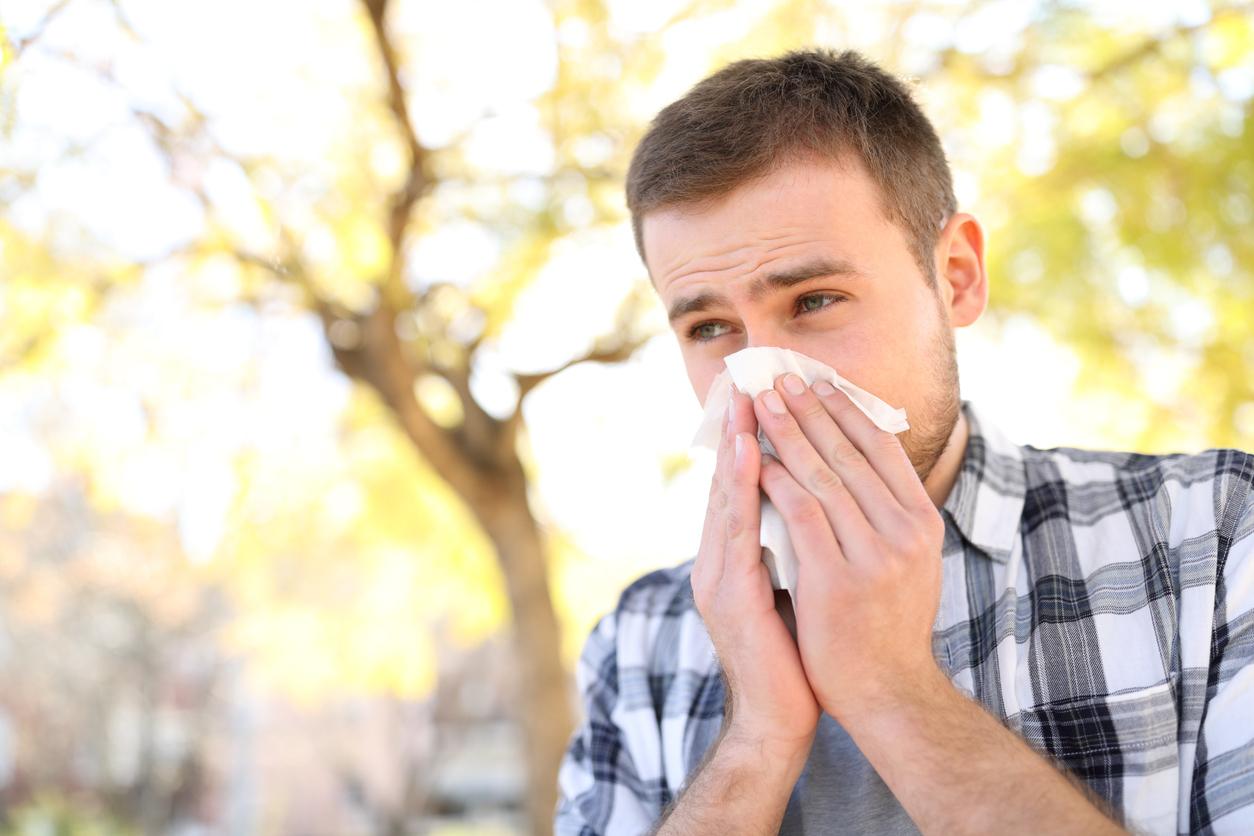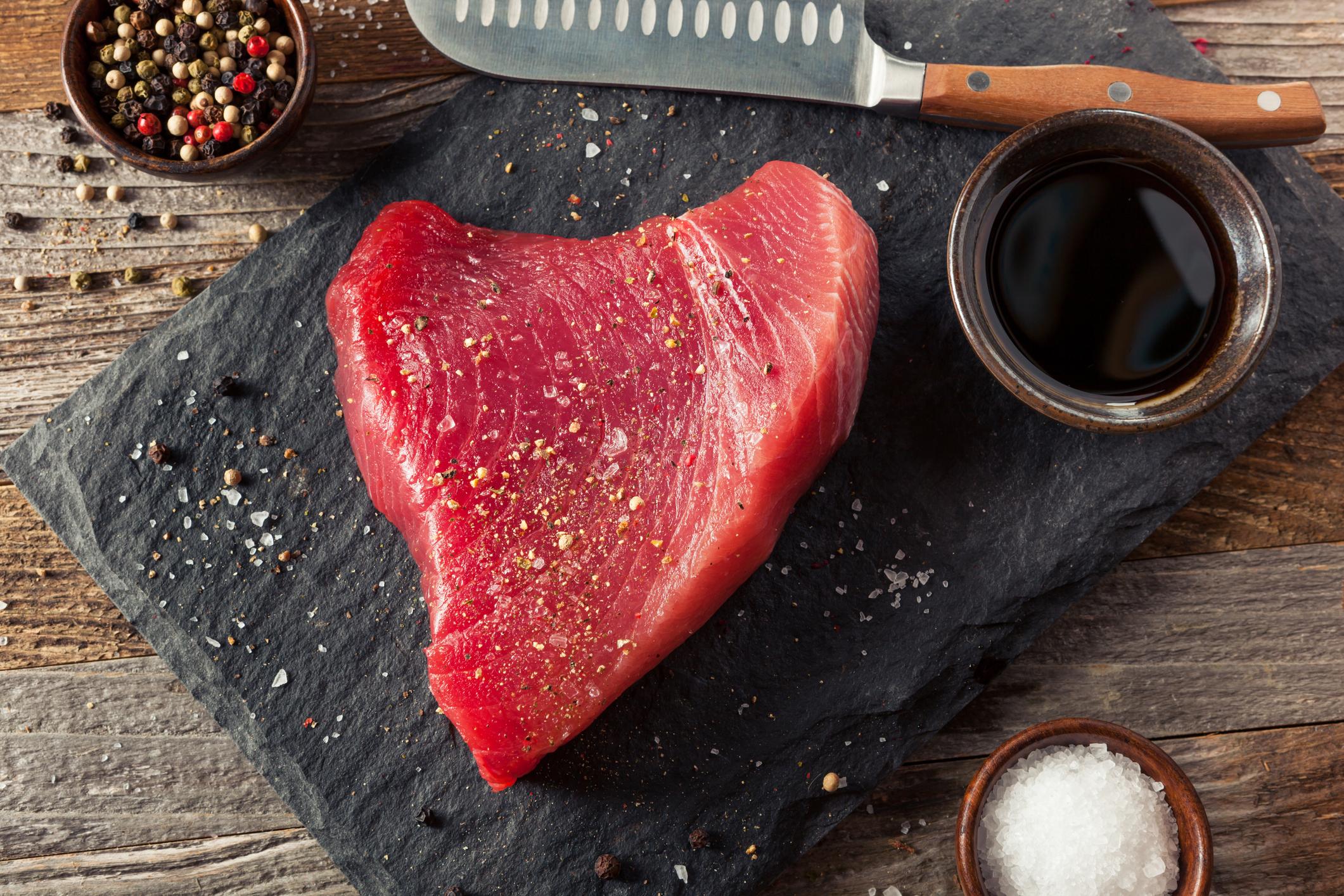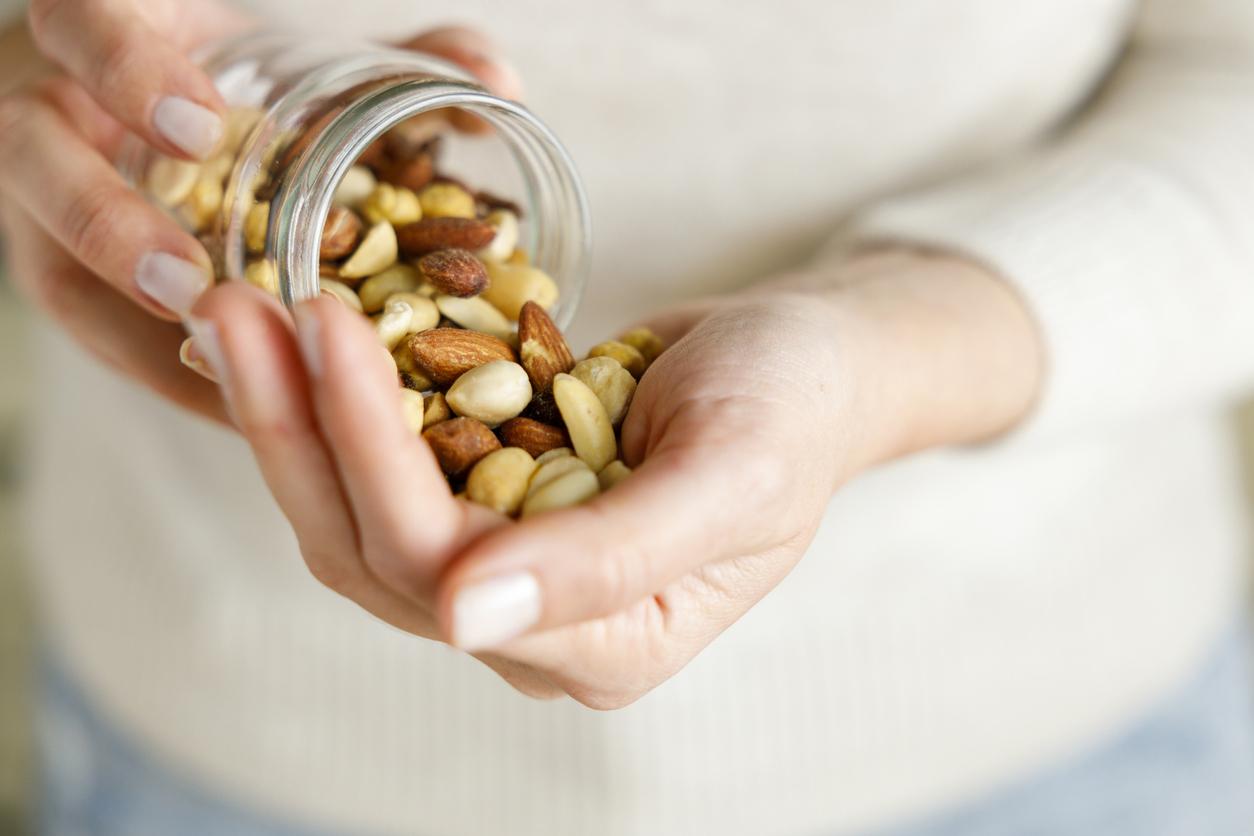Increasing the amount of a vitamin A compound via feed fed to cows would prevent allergic reaction to milk, according to the results of a study published in the medical journal Science Reports. Cow’s milk protein allergy (CPVO) affects around 3-5% of children and infants in Europe. For these patients, this food can cause swelling of the mouth or mucous membranes, diarrhea or aggravated atopic dermatitis (eczema) and, in rare cases, can even induce allergic shock. This incompatibility carries the risk of other allergic diseases, such as atopic dermatitis or theallergic asthma.
Feeding cows to prevent milk allergy
After carrying out in vitro experiments in the laboratory, researchers at the Messerli Interuniversity Research Institute in Vetmeduni in Austria observed that retinoic acid, derived from vitamin A itself contained in cow’s milk, once ” bound “to one of the most allergenic proteins found in cow’s milk (Bos d 5 or beta-lactoglobulin) was effective in preventing an allergic reaction to the protein.
But to be effective, cows would need to receive an adequate supply of this vitamin, for example, through an abundance of green fodder.
Read also:
Soy milk, the best of vegetable milks?
Identify allergies with a blood test
Is my baby allergic to cow’s milk?


















